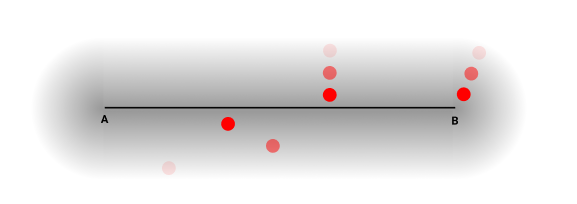
What We Lose When Literary Criticism Ends
I n his 1998 prose collection, Ripostes, Philip Marchand lays out the operative conditions for a working critic: “You have to know your mind, you have to have read widely, you have to have discarded or modified early enthusiasms for certain writers or modes of writing—it takes decades.” Elsewhere in the book, reviewing a poetry anthology called The Last Word, Marchand puts these principles into practice. “Much of the work in The Last Word,” he writes, “is ‘language poetry,’ a highly intellectualized form. Language poets attack the assumption that words point to external realities—the way, for example, the words ‘dairy queen’ in the line, ‘at the ladysmith dairy queen i want to get out,’ refer to a place where you buy soft ice cream. In these poets’ view, language refers only to itself, and their poetry tends to consist of phrases that have no semantic meaning.”
Whether or not one agrees with Marchand, it is clear that the analysis comes from a knowledgeable and considered place. Marchand was arguably the last person in Canada who made a living as a literary critic for mainstream newspapers—his work in the Toronto Star and, later, the National Post found its apogee in the 1990s and early 2000s. Marchand also espoused an increasingly rare approach: elevating rigorous close readings over affective or emotional responses. These days, the status of the professional critic—that is, someone who can earn a living writing criticism for the general public—has largely been subordinated to enthusiastic amateurs giving thumbnail reactions on Amazon and Goodreads. Compare Marchand’s sentences above to Goodreads “reviews” of Sharon Olds’s 2019 collection, Arias: “There are a lot of poems in this collection and some of them are quite weak,” or “I could use, like, a 50% reduction in poems involving body fluids [sic].”



/cloudfront-us-east-2.images.arcpublishing.com/reuters/DFJYDZQLEJJF3F66K4NZMK4CCQ.jpg)










/cdn.vox-cdn.com/uploads/chorus_asset/file/25330660/STK414_AI_CHATBOT_H.jpg)








